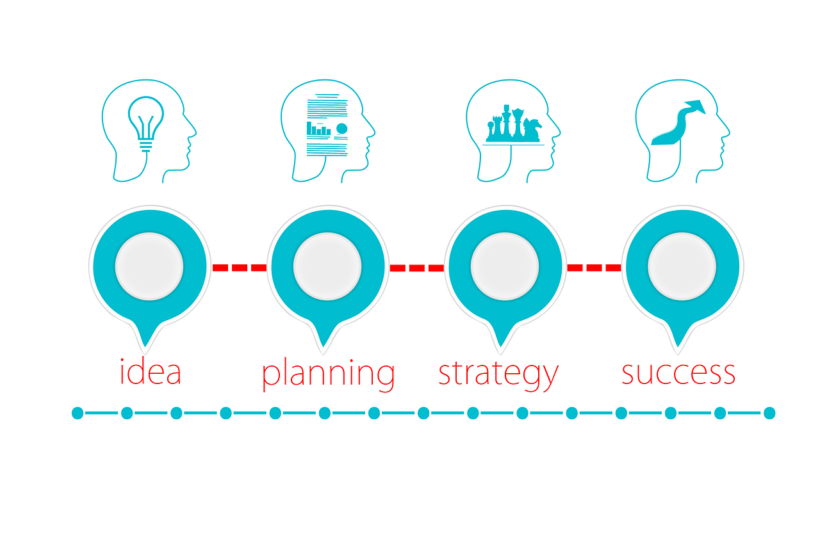Introduction
In today’s age and time, we need to maximize our profits by minimizing the costs related to it, and for this procurement market intelligence is essential. Intelligent market procurement means knowing about the right product, pricing, and placing. Besides, to help the business in making decisions and stay up-to-date, this step is essential.
We often neglect trying different ideas in different ways, although this is an essential step. An organization should be prepared to effectively collect and use the data to reduce costs and increase profits. Besides, many organizations do not consider this step, and sometimes organizations do not have the right tools to ensure this step is taken.
What is Procurement Market Intelligence?
It is essential to know how procurement market intelligence works before you start the process. It might be based on manual research or through a third party service that gathers data. There are three primary ways of procurement market intelligence, and they are as follows:
- Supply Market Analysis: This data often changes quickly with time and must be gathered by analyzing a company’s specific supply market. Intelligence also consists of market analysis, and the factors into procurement market intelligence tend to change from time to time.
- Procurement market research: You should first determine what type needs to be collected and how it will be assessed. It would be best if you also looked into how the data will be stored and analyzed. Although these are simple steps, procurement market research is extremely crucial, so follow this step.
- Competitive Intelligence: This data must be gathered quantitatively to gather and analyze many factors, including disruptors, competitive dynamics, and other factors.
The Right Market Intelligence
Procurement officers know that they won’t create a long-lasting impact just by going for the lowest prices. They need to develop strategies with optimal vendor relationships and risk management.
Moreover, good procurement intelligence involves essential questions related to suppliers, distribution, and supply chain management.
Some examples of supply chain management, suppliers, and distribution centers are given below:
Supply Chain Management
- What is the relationship between our potential buyers and competition?
- Where should our distribution centers be located?
- How to locate all the potential suppliers for our products?
- Are our suppliers’ strategies compatible with ours?
Supply Chain Exposure
- What are the projected and current market pricing?
- Any hidden costs of opening a distribution center?
- Are our suppliers financially sound?
- Which industry forecasts will impact our supply chain the most?
4 Factors you Need to Look At:
- Quality: This is the quality of vendors and contracts, regulations, business expectations, and many more.
- Financial: Refers to the top and bottom-line growth, cash, and cost management.
- Risk Management: After procurement moves to strategic management, managing the risks becomes essential to avoid or minimize risks. It is related to lean, six sigma, KAIZEN, and JIT.
- Relationships: Must analyze the value and relevancy of partnerships to ensure the success of your company.
Importance of Procurement Market Intelligence
The detailed step of procurement market intelligence requires a lot of attention, and therefore, a manual method to gather information is not advisable. So whichever way you use, procurement market intelligence plays a vital role.
- Identify the Right Supplier: If you engage with the wrong suppliers, it can be financially draining. Through using procurement market intelligence effectively, this problem can be minimized.
- Analyze Spend Data Trends: If you effectively analyze spend data trends, it will also alleviate other recognized pain points.
- Analyze the Supplier and Monitor Risks: Analyzing the relationships with suppliers can also improve through procurement market intelligence. It will also ensure a good relationship with the suppliers to reduce any risks attached.
- Better Credibility: The head of the department must closely determine if the cost is justified, vet the supplier, and make any other critical decisions. When you have reliable intelligence data with every order request, it increases the credibility of your business.
Conclusion
There are many ways to gather and analyze procurement market data, including manual methods. However, many companies struggle with this one thing, which can also be addressed with automated processes.
Acting timely on intelligence data has helped many companies make better and informed decisions, leading to their business growth. They can save more money and also reduce risks by using this strategy.
The above information will undoubtedly be beneficial for you in the long term. So after reading the article, we hope you can find the information crucial to your business’s growth. By using an intelligent procurement market, your business can grow and flourish.







